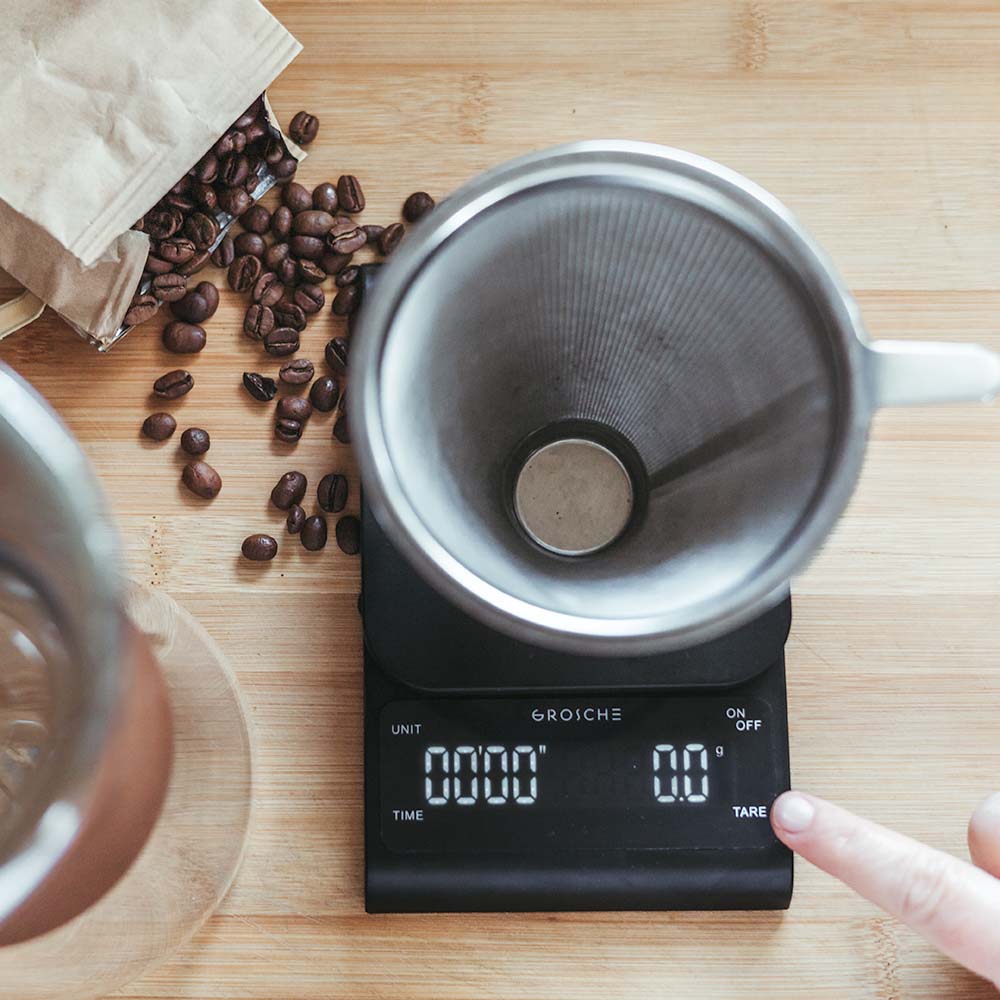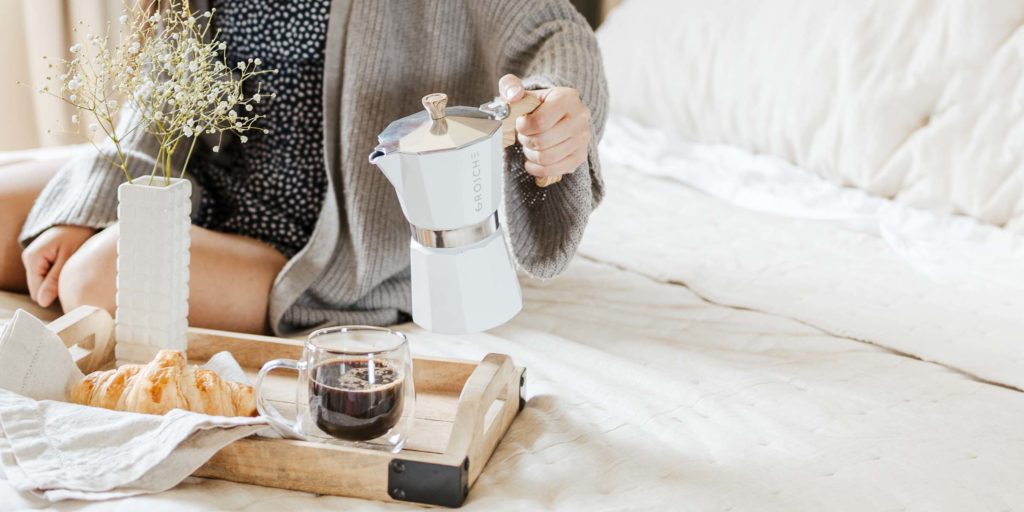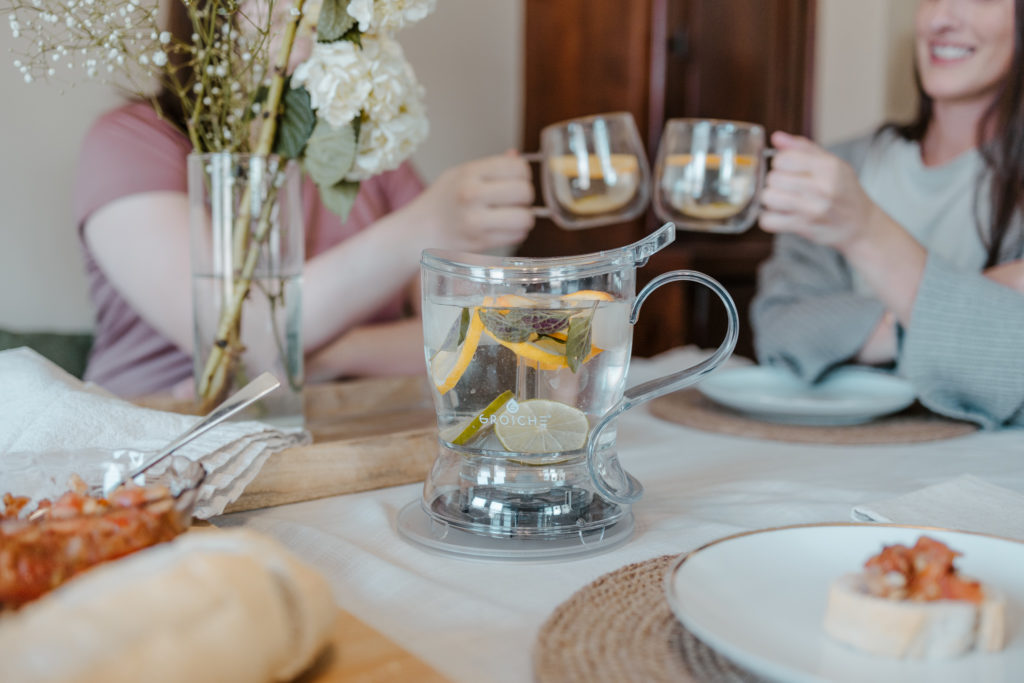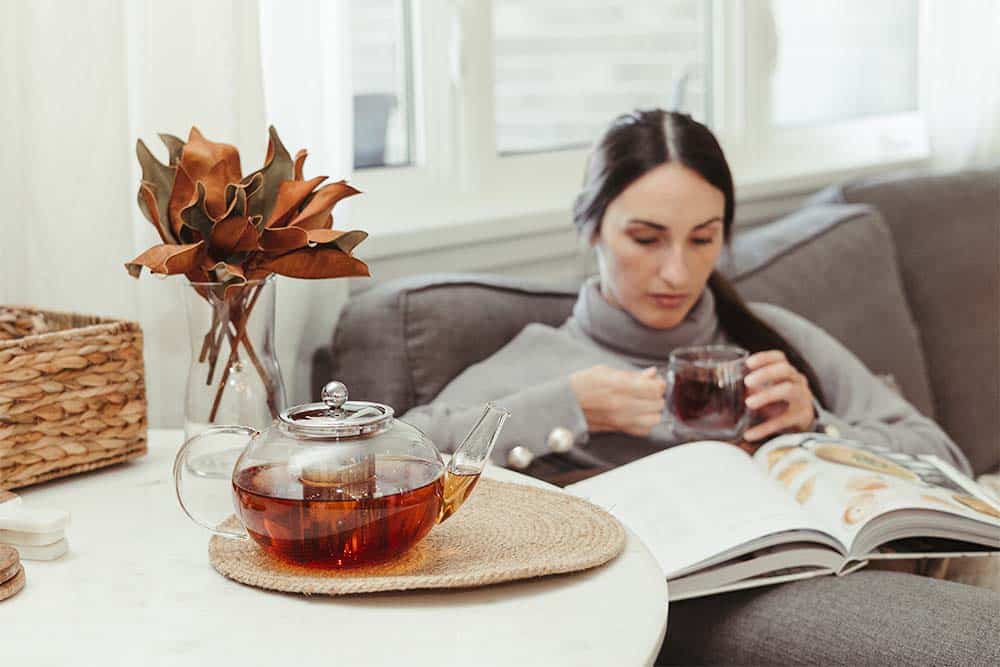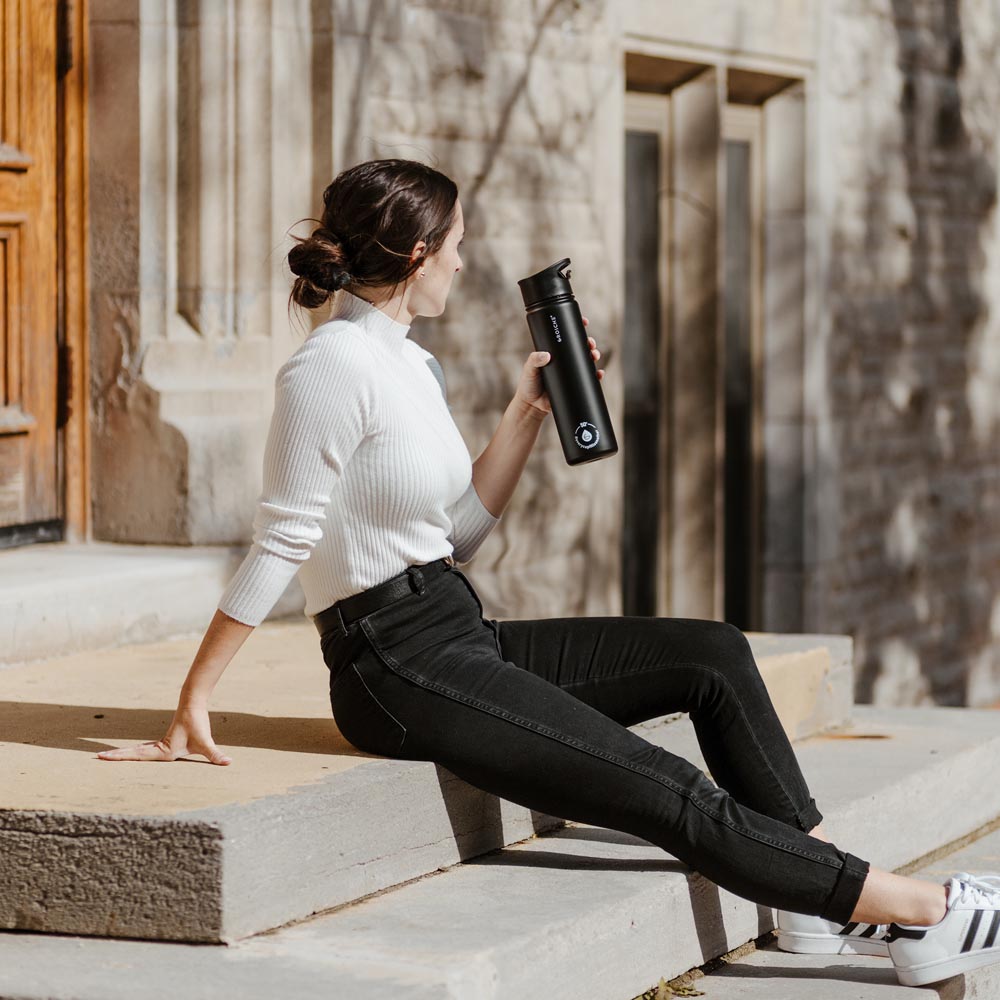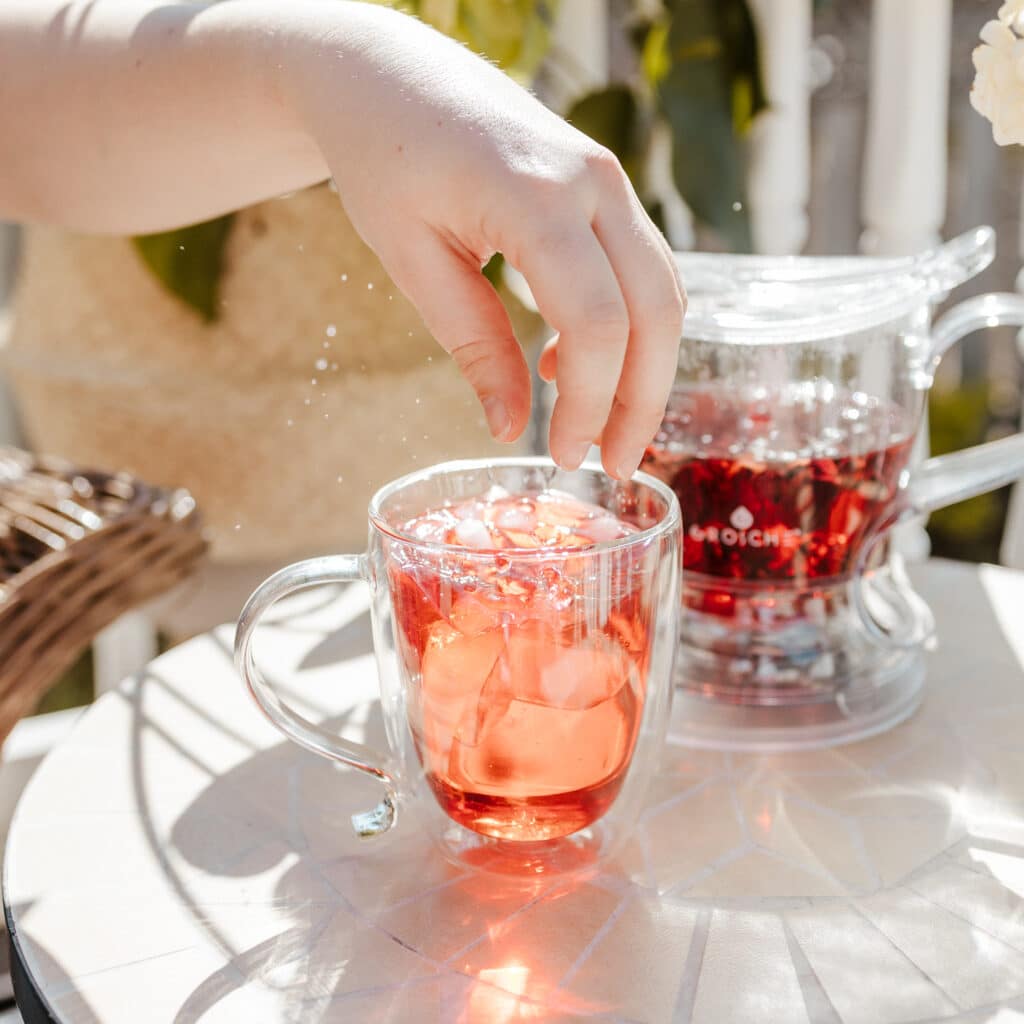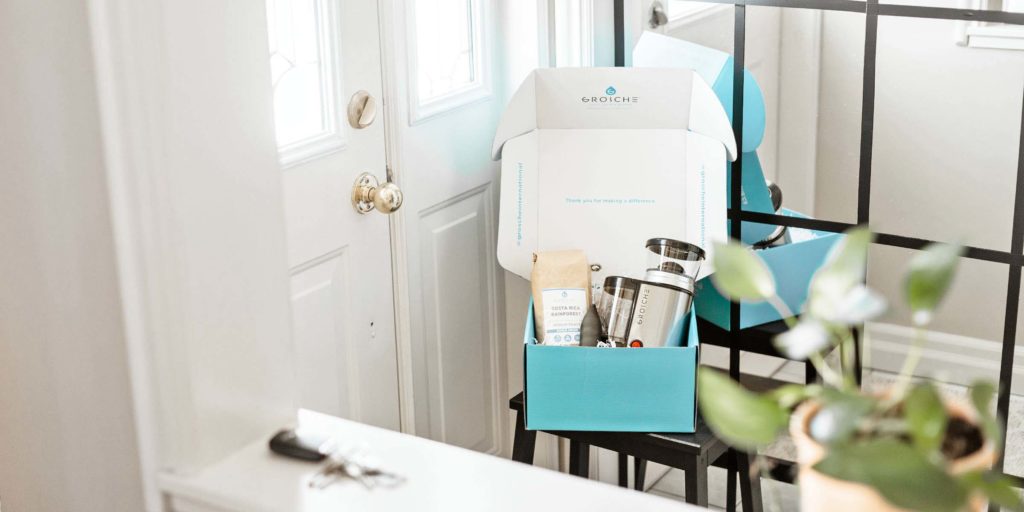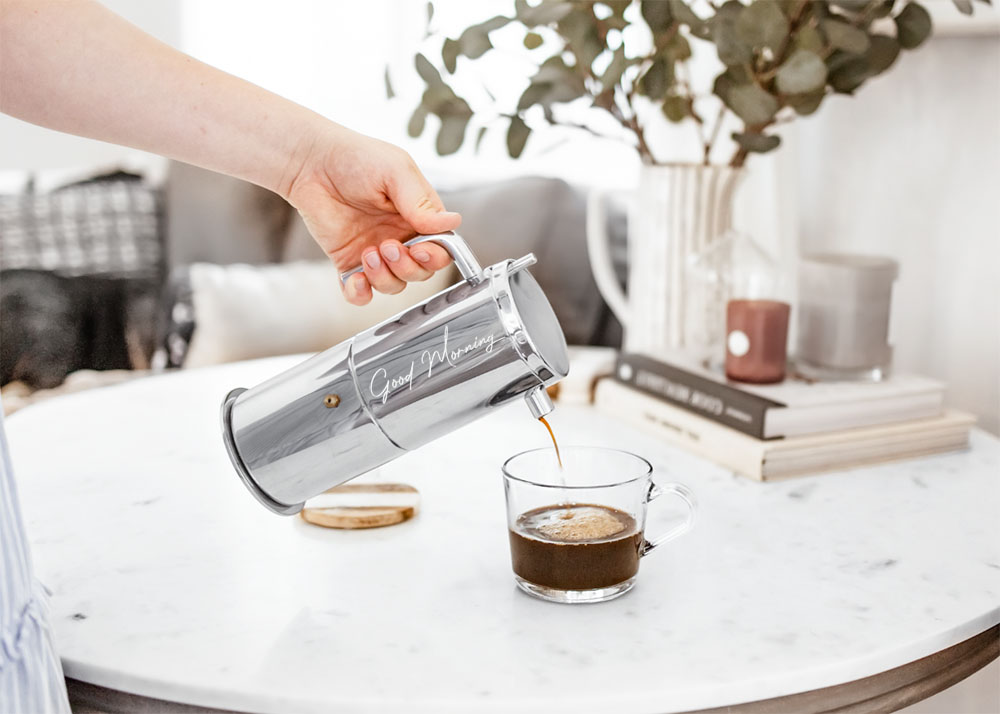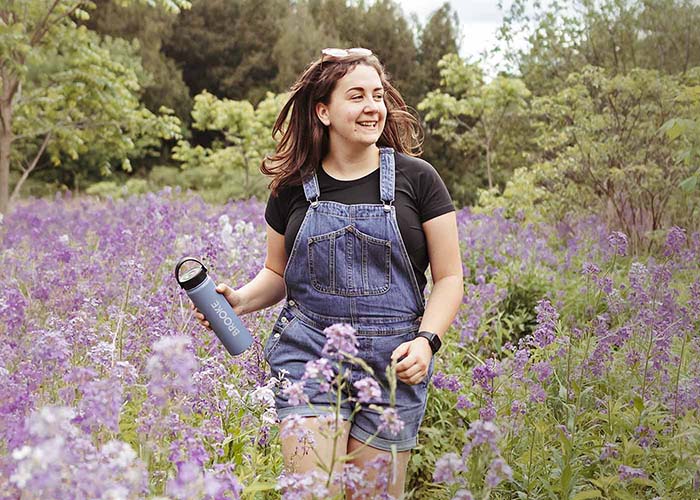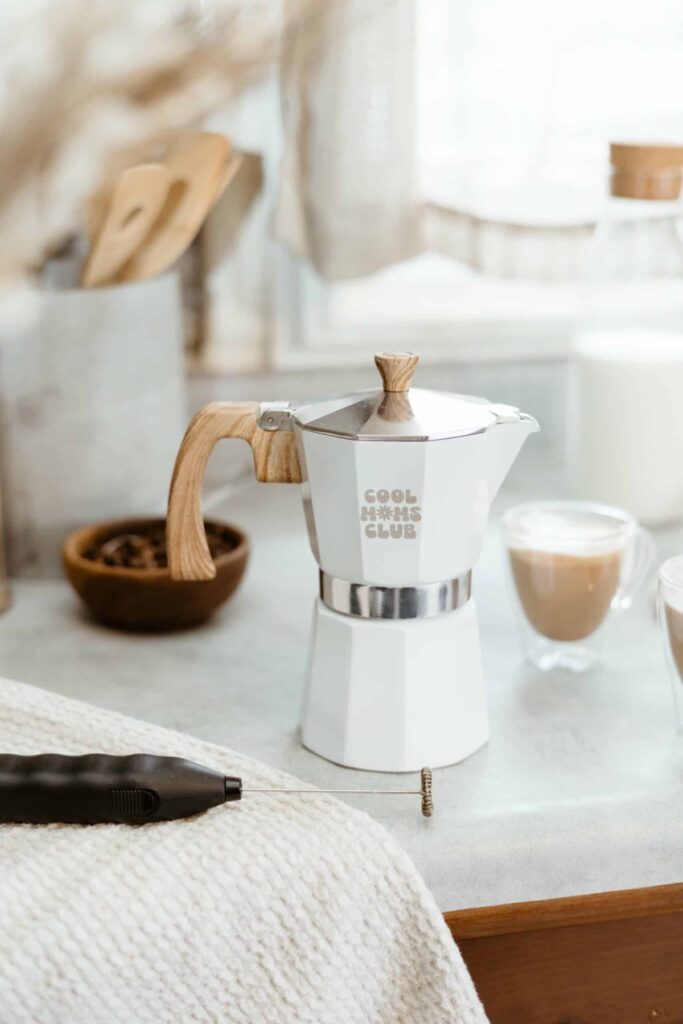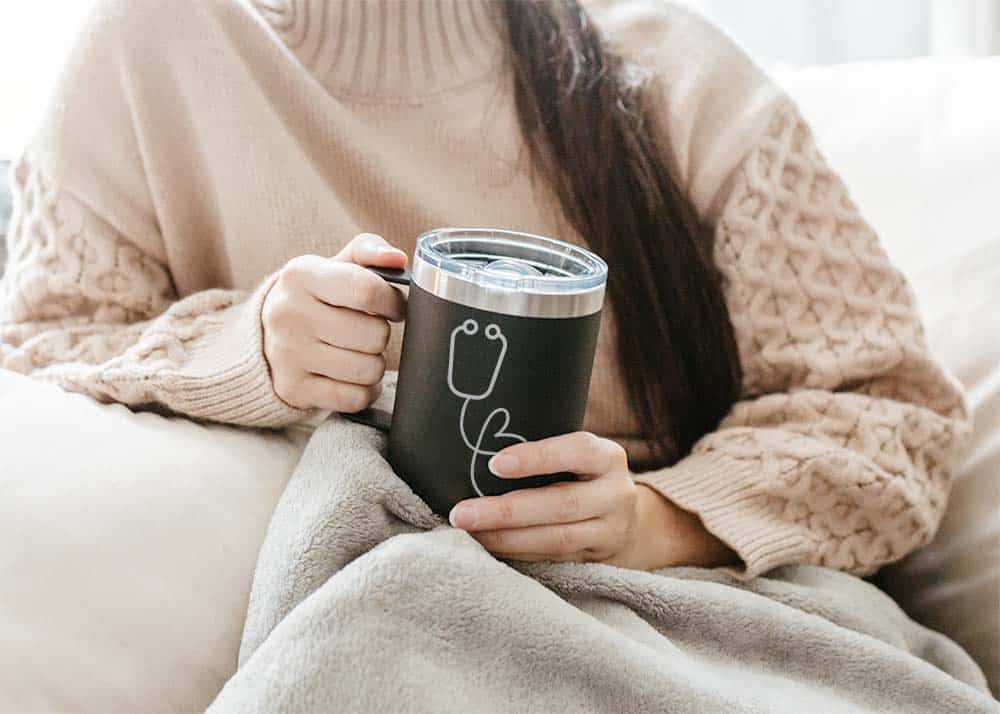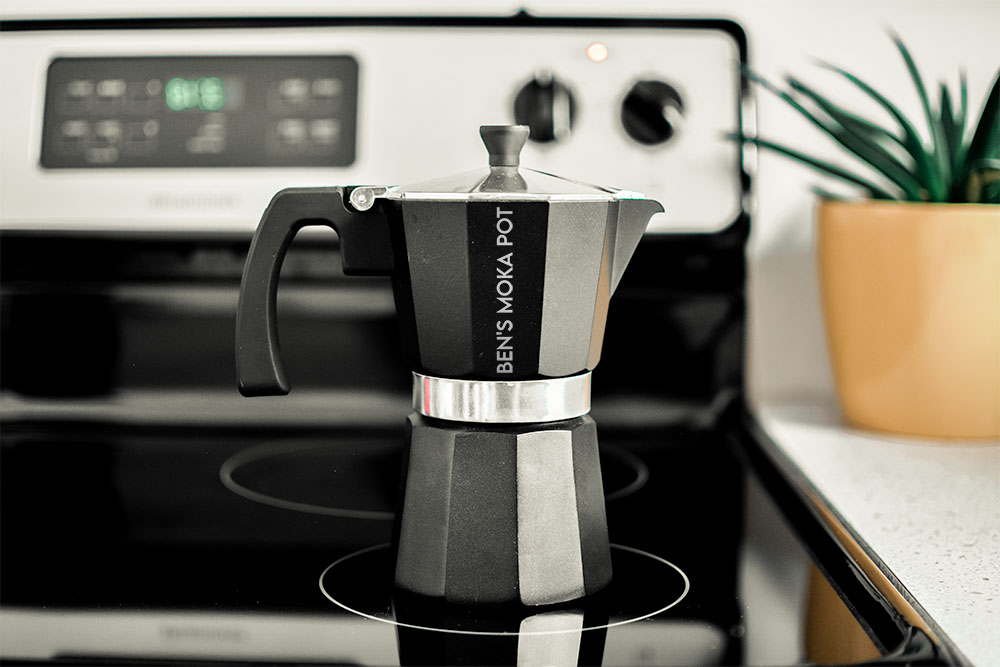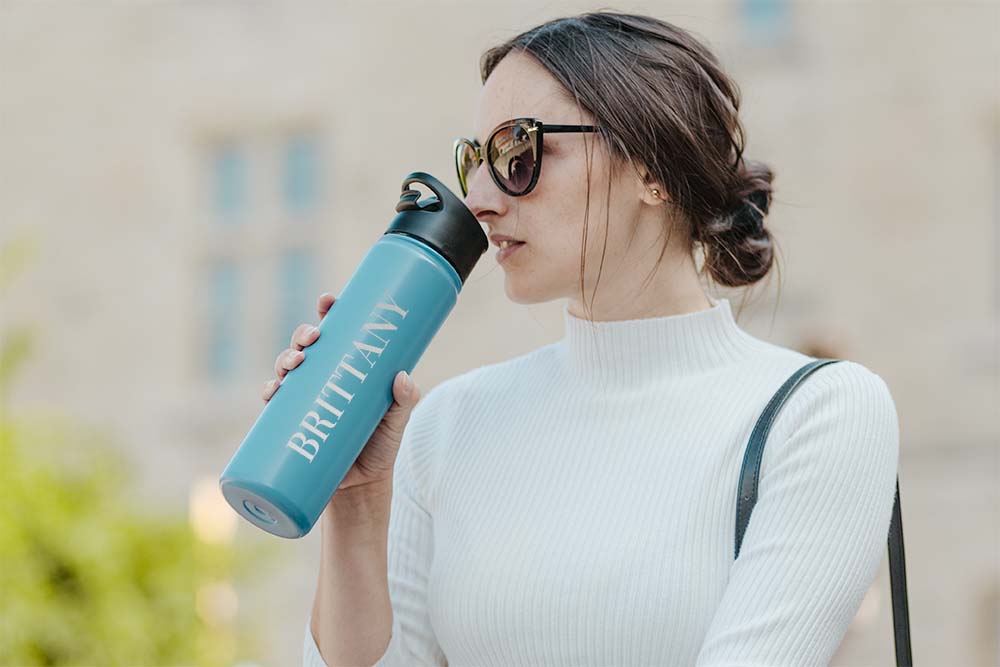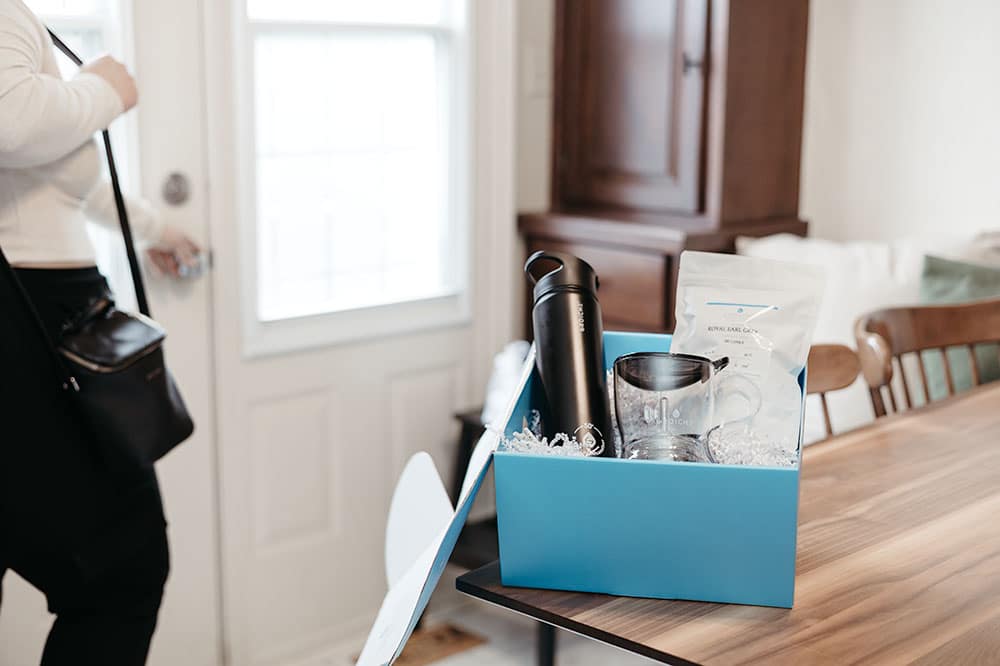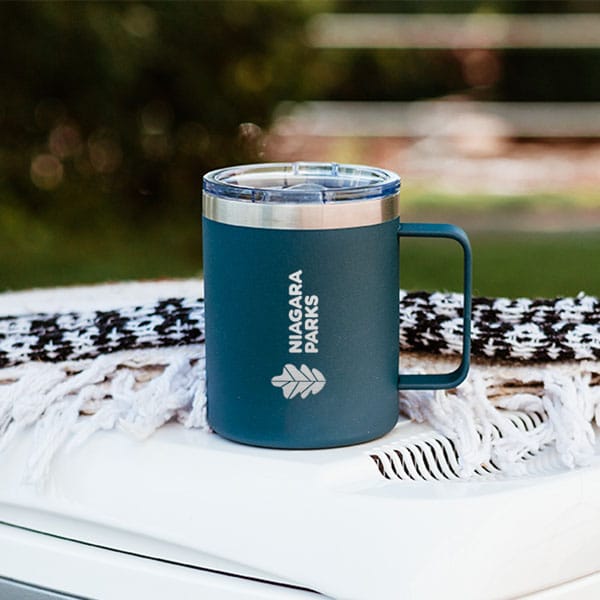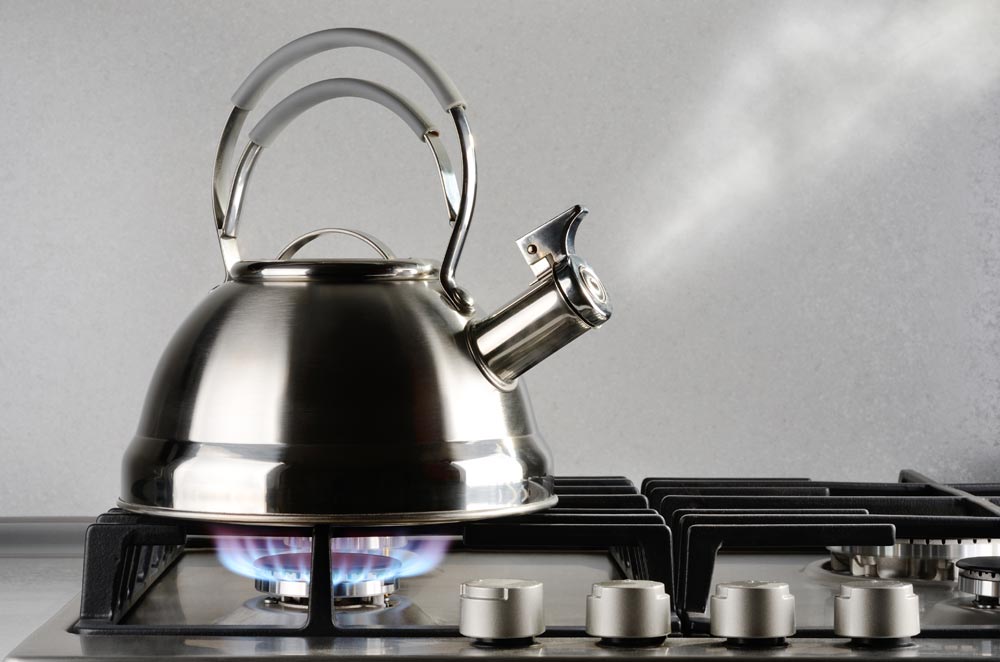Coffee is made from two ingredients. Coffee beans and water. Considering that about 98% of your coffee is water, the water you use will play a big role in the quality of your coffee. Not all water is the same. Thus, it’s important to use the right kind, amount, and temperature of water to make sure your coffee tastes right. Here’s what you need to know about how water can affect your coffee.
How Water Can Affect Your Coffee
There are a couple of ways of how water can affect your coffee:
Tap vs Filtered Water
You’ve most likely noticed that filtered water and tap water don’t taste the same. Well, they don’t taste the same in coffee either. Tap water contains many impurities that can alter the taste of your coffee. It often contains more minerals than filtered water. This can make your coffee taste metallic. To make sure your coffee tastes right, use filtered water instead. You can even use bottled water as well for a pure taste. If you do use bottled water, stick to the generic bottled spring water.
Hard vs Soft Water
If you are using filtered water, it’s also important to consider using soft water instead of hard water. Hard water contains many minerals such as calcium and magnesium which can make your coffee taste more bitter than normal. If you prefer your coffee to be bitter, then hard water might be a good choice to use. However, make sure that the hard water is low in bicarbonate as high amounts can decrease the quality of your coffee. Otherwise, you should use soft water in your coffee. Soft water still contains these minerals but in a much lesser amount. Thus, it won’t alter the taste of the coffee as much.
Temperature of Water
The best temperatures to brew water at are between 91oC to 96oC, the higher in this range the better. Water boiled above 96oC will burn the coffee and will again result in a metallic taste. Water boiled under 91oC won’t extract the coffee properly, thus losing much of the flavour from the beans.
Coffee to Water Ratio
The coffee to water ratio is also very important to the taste of your coffee. Use too much water and your coffee will be too diluted. Use too much coffee, and the flavour will be overpowering. The optimal ratio for ideal extraction is 1:17. That is for 1 gram of coffee, use 17 grams (17 mL) of water. If you don’t have a scale to weigh your coffee, then you can use the ratio 1:3. This is 1 tablespoon of coffee for 3 fluid ounces of water.
Click here for the perfect French press coffee to water ratio.
Damage to your Coffee Machine
Using mineral or hard water can also damage your coffee maker. The calcium and magnesium found in hard water can create a build-up of scale in kettles and coffee machines. This will affect the taste of your coffee and the efficiency of the coffee maker. If the coffee maker is not descaled every so often, the scaling can damage your coffee maker. Depending on how hard the water is in your area, you may need to descale your coffee maker or kettle more often.
Coffee brewing isn’t simple. There are many things to consider when making coffee. From the type of coffee bean to the roast, to the quality of water used. These factors make it difficult to brew a “perfect” cup of coffee. However, with these tips on how water can affect your coffee, we can hopefully lead you one step closer to the perfect cup. Let us know in the comments if any of these tips have improved your coffee drinking experience!


